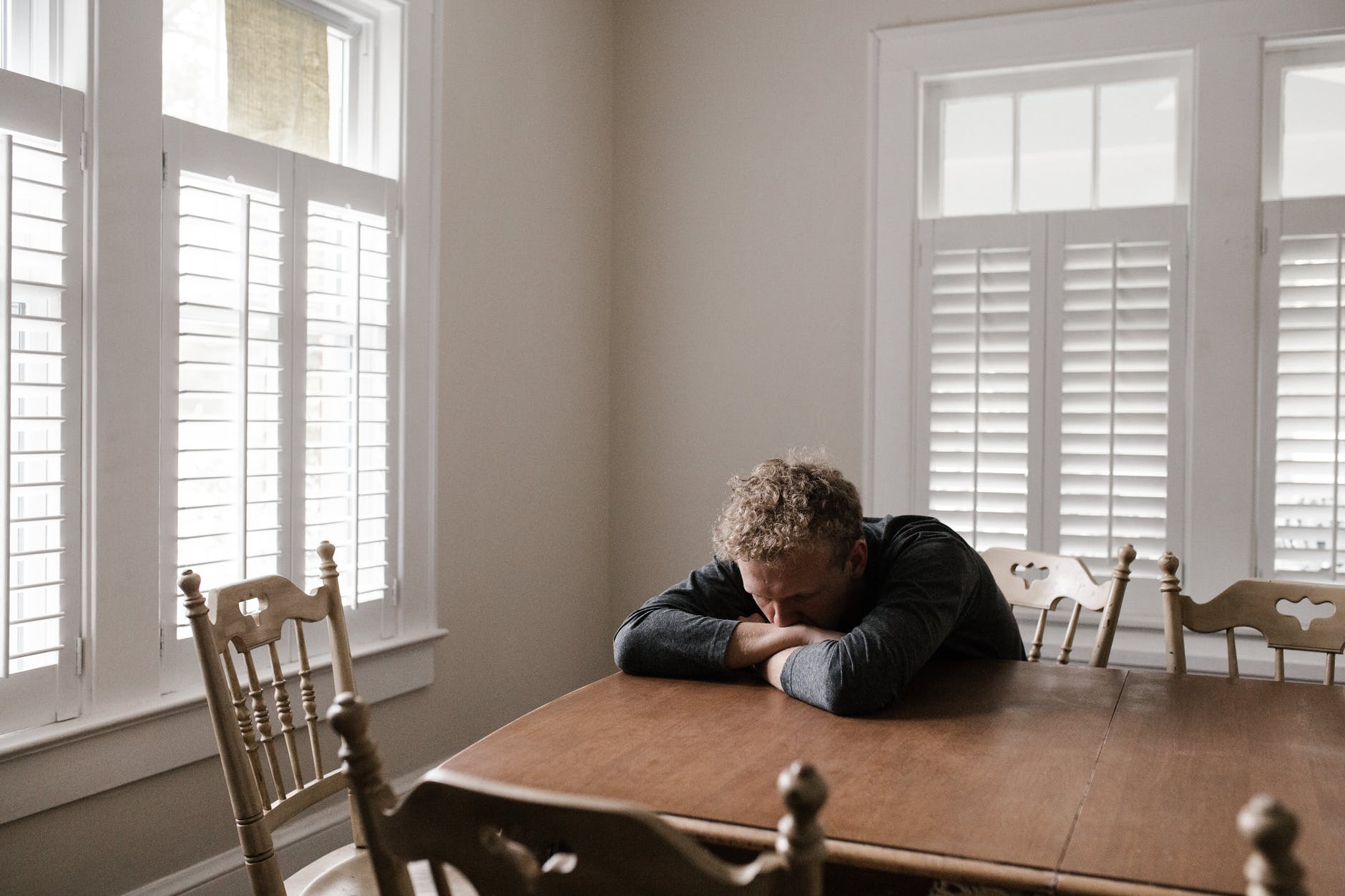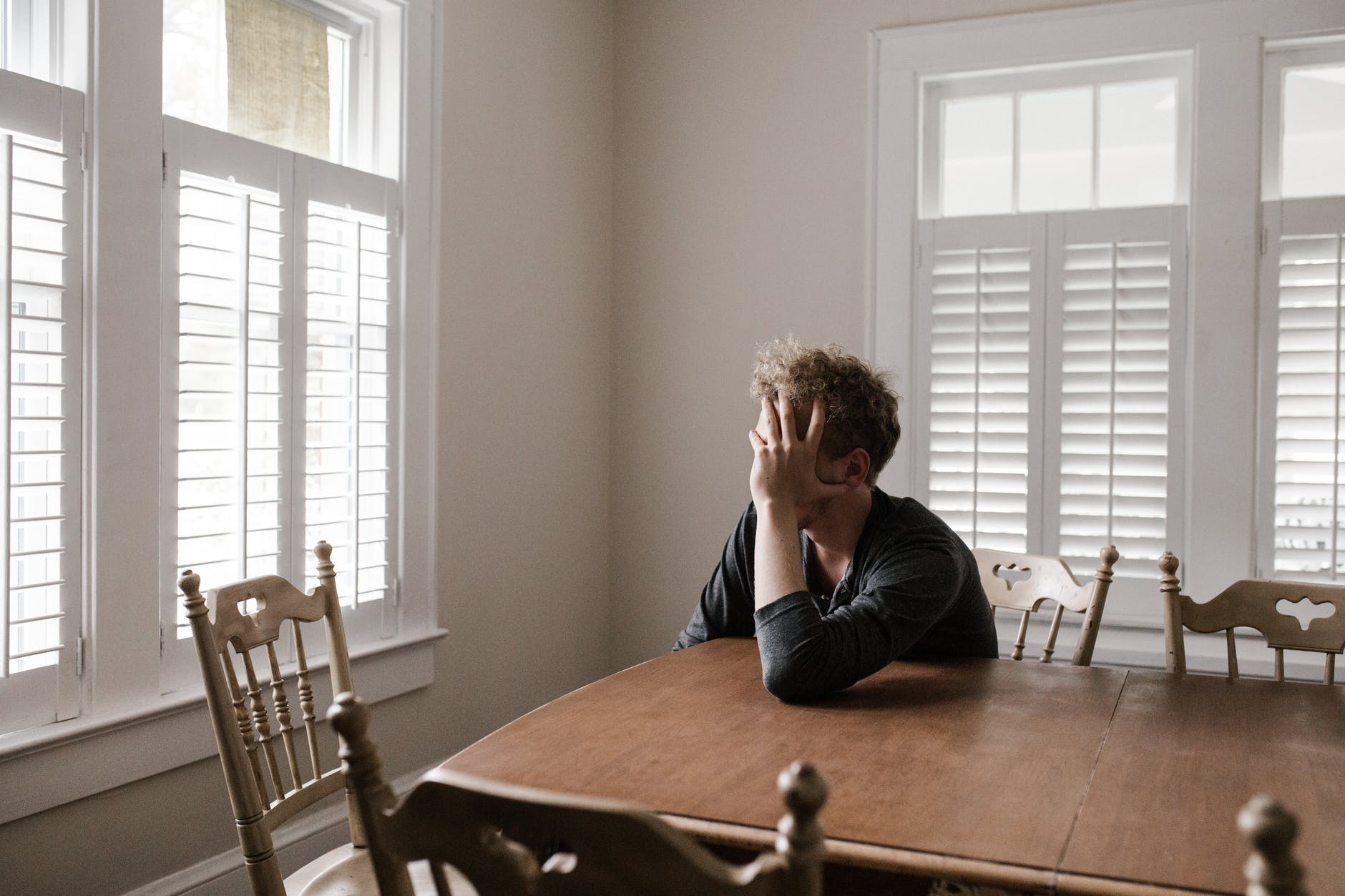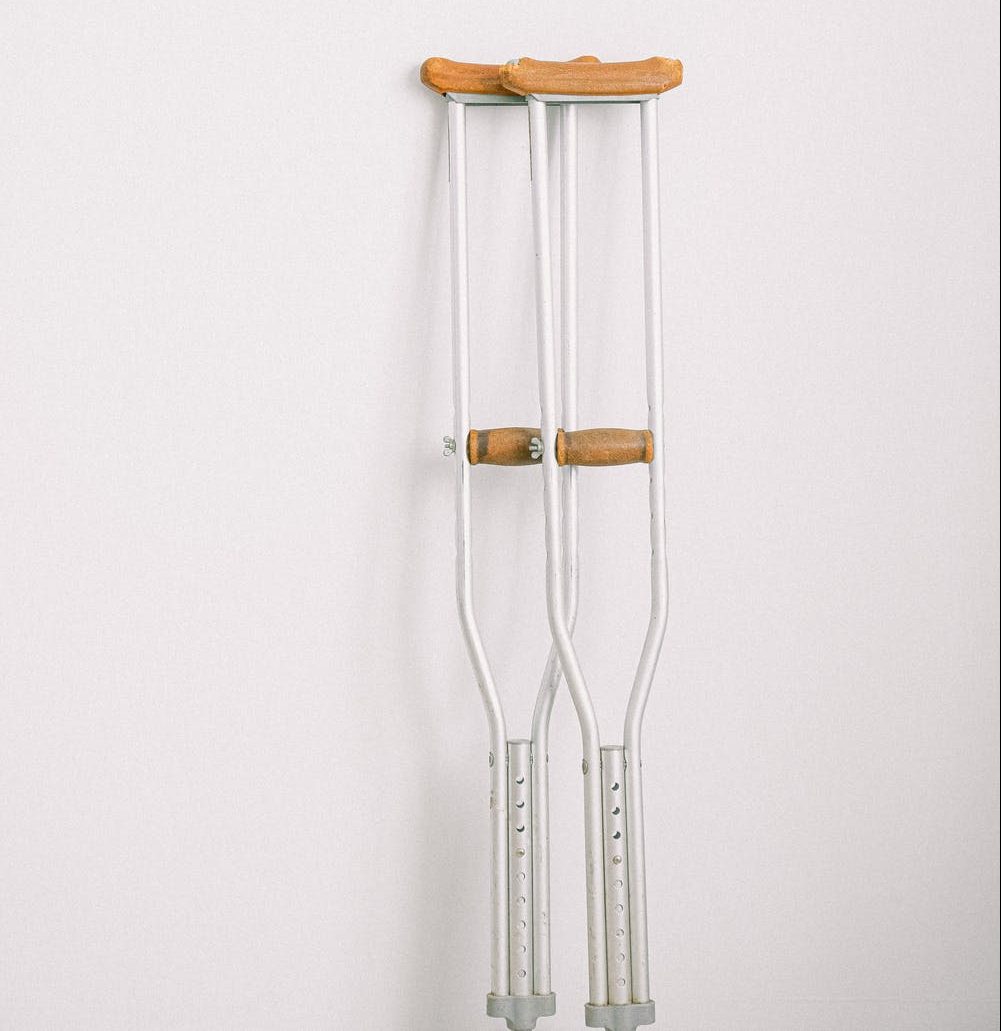For example, the following are several hazards that could result in accidents at a 99 Cents Only store if no one takes the proper action to correct them:
- Icy or otherwise slippery areas near the entrance to a store putting customers and employees at risk of slip and fall accidents.
- Spills resulting in slippery floors.
- Insufficient outdoor lighting, potentially resulting in a greater risk of tripping accidents.
- Items falling off shelves and creating tripping hazards.
- Improperly maintained equipment putting both employees and customers at risk of a range of injuries.
That said, while failure to address these types of hazards can lead to injury for which you may deserve compensation, it’s crucial to remember that in many instances, the negligent party will try to argue they aren’t actually responsible for providing said compensation in your particular circumstances.




